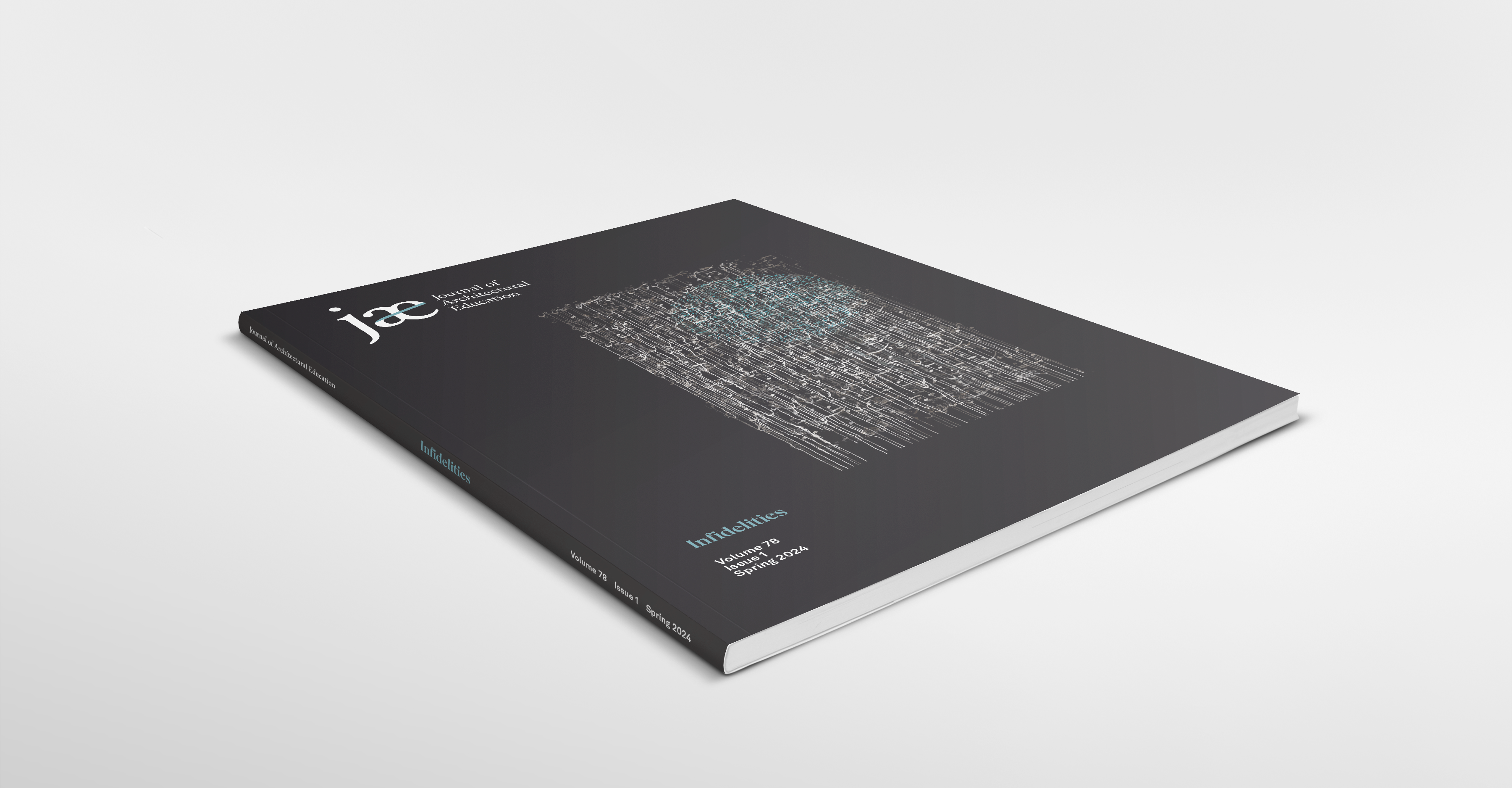
Countermapping the conflict between hydrological interventions and women’s water literacy in the Khuzestan Region since the mid-twentieth century, this essay reveals the violent nature of hydrological paternalism across times and political regimes. Under the androcentric realm of colonial representations, resource development projects, Western modernizing missions, state violence, and financial strangulation by international economic sanctions, the multifaceted nature of women’s resistance against territorial dispossessions and the violence unleashed on women and waterbodies is at the center of the current struggles for social and environmental justice. Demystifying these historical entanglements makes the case for the rematriation of rivers as a necessary step in the transborder and crosscultural process of decolonization and feminist liberation.
Continue reading:






